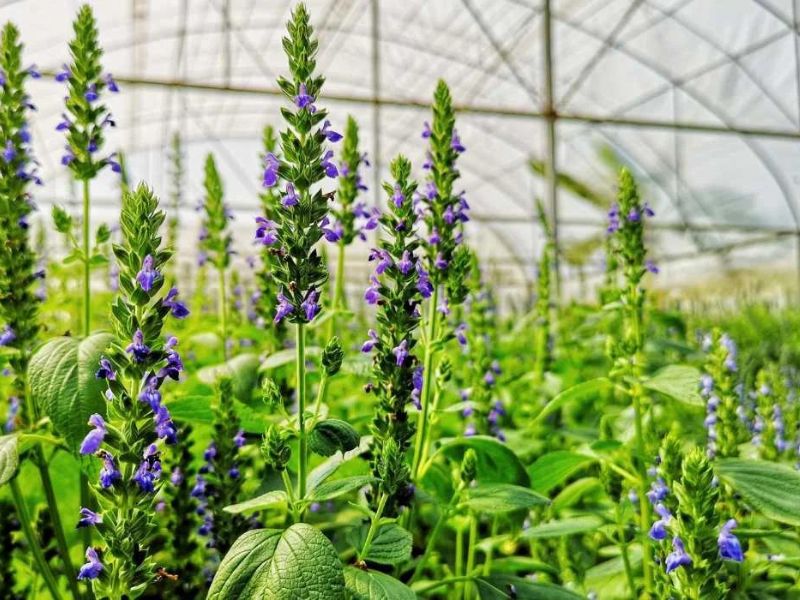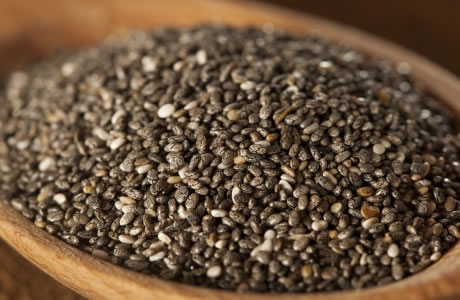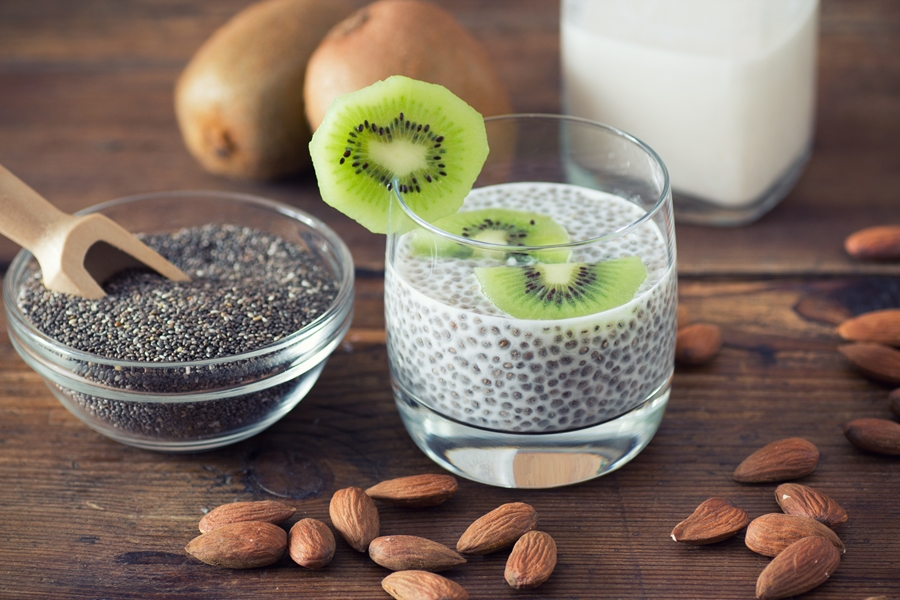Chia, scientifically known as Salvia hispanica, and often referred to as Mexican chia or salba chia, stands as a remarkable flowering plant within the mint family (Lamiaceae). Renowned for its highly nutritious seeds, this botanical treasure traces its origins back to Mexico and Guatemala, where it served as a vital crop for the pre-Columbian Aztecs and various Mesoamerican Indian societies. In the contemporary world, chia seeds have gained global recognition for their numerous health advantages and are cultivated commercially in countries such as Argentina, Australia, Bolivia, Peru, and the United States.
Elevate your running game with Tarkine Trail Devil, where every step is a testament to exceptional performance and unmatched comfort.
 In ancient Mesoamerica, chia held significance that transcended mere culinary utility. It was esteemed for its medicinal properties and held religious importance as well. Alongside staples like beans, corn (maize), squash, and amaranth, chia seeds constituted a substantial portion of the indigenous population’s diet. Aztecs, in particular, had a penchant for roasting and grinding chia seeds into flour, relying on this nourishing source during arduous journeys. However, with the arrival of Spanish colonizers, chia’s cultivation was banned, and it was supplanted by foreign grains like wheat and barley due to its cultural and spiritual connotations.
In ancient Mesoamerica, chia held significance that transcended mere culinary utility. It was esteemed for its medicinal properties and held religious importance as well. Alongside staples like beans, corn (maize), squash, and amaranth, chia seeds constituted a substantial portion of the indigenous population’s diet. Aztecs, in particular, had a penchant for roasting and grinding chia seeds into flour, relying on this nourishing source during arduous journeys. However, with the arrival of Spanish colonizers, chia’s cultivation was banned, and it was supplanted by foreign grains like wheat and barley due to its cultural and spiritual connotations.
For most of the 20th century, chia remained largely ignored as a food source, achieving limited popularity in the United States in the 1980s, primarily in the form of novelty items called “chia pets.” It wasn’t until the early 1990s, when agricultural engineer Wayne Coates began advocating for chia, that its potential as both an alternative crop and a health food gained acknowledgment.
Chia Seeds: A Runner’s Best Friend
Runners, in particular, can derive substantial benefits from incorporating chia seeds into their dietary regimen. Here are compelling reasons why:
1. Anti-Inflammatory Attributes: Chia seeds are a rich source of antioxidants, including the phenolic compound caffeic acid. These antioxidants are believed to alleviate exercise-induced inflammation by curbing the effects of micro-tears in muscle tissue. Moreover, they can combat the detrimental consequences of chronic inflammation by safeguarding cells against oxidative harm through the neutralization of harmful free radicals.
2. Protein-Packed: Comprising approximately 20% protein, chia seeds contain all nine essential amino acids essential for the repair and recovery of muscle tissue following strenuous workouts. They serve as a valuable plant-based protein source, making them an excellent choice for individuals who follow vegetarian or vegan diets or wish to reduce their reliance on animal-derived protein.
3. Fiber Abundance: Chia seeds possess a blend of both soluble and insoluble fiber, which contributes to the well-being of the digestive microbiome and imparts a sense of fullness when soaked in liquids. This fiber content helps regulate blood glucose levels, guarding against insulin resistance and Type 2 diabetes. Individuals unaccustomed to high-fiber foods should introduce chia seeds gradually to minimize potential discomfort.
 4. Omega-3 Fatty Acids: Chia seeds are a reservoir of alpha-linolenic acid (ALA), a plant-based omega-3 fat that undergoes conversion within the body into active forms, namely eicosapentaenoic acid (EPA) and docosahexaenoic acid (DHA). ALA has been associated with a decreased risk of cardiovascular disease and improved blood lipid profiles.
4. Omega-3 Fatty Acids: Chia seeds are a reservoir of alpha-linolenic acid (ALA), a plant-based omega-3 fat that undergoes conversion within the body into active forms, namely eicosapentaenoic acid (EPA) and docosahexaenoic acid (DHA). ALA has been associated with a decreased risk of cardiovascular disease and improved blood lipid profiles.
5. Nutrient-Rich Profile: Beyond macronutrients, chia seeds provide essential minerals such as calcium, phosphorus, and magnesium, pivotal for maintaining bone health—a critical concern for runners. Additionally, they furnish B vitamins, including thiamine (B1) and niacin (B3), which play a pivotal role in metabolizing and releasing energy from dietary sources.
Simple Ways to Enjoy Chia Seeds
Incorporating chia seeds into your diet is both effortless and delectable. Consider adding ground chia seeds to Greek yogurt with fruit as a nutritious pre-run snack or blend them into breakfast smoothies featuring milk, banana, avocado, and berries. After a vigorous workout, you can enhance the nutritional content of your protein shake by incorporating chia seeds. As for whole chia seeds, soaking them in milk for at least 30 minutes yields a gel-like chia pudding—ideal for pre-workout energy or post-run recovery. Elevate its appeal by topping it with fresh fruit, a sprinkle of cinnamon, desiccated coconut, and a drizzle of honey for a premium-quality snack that fuels your active lifestyle.




